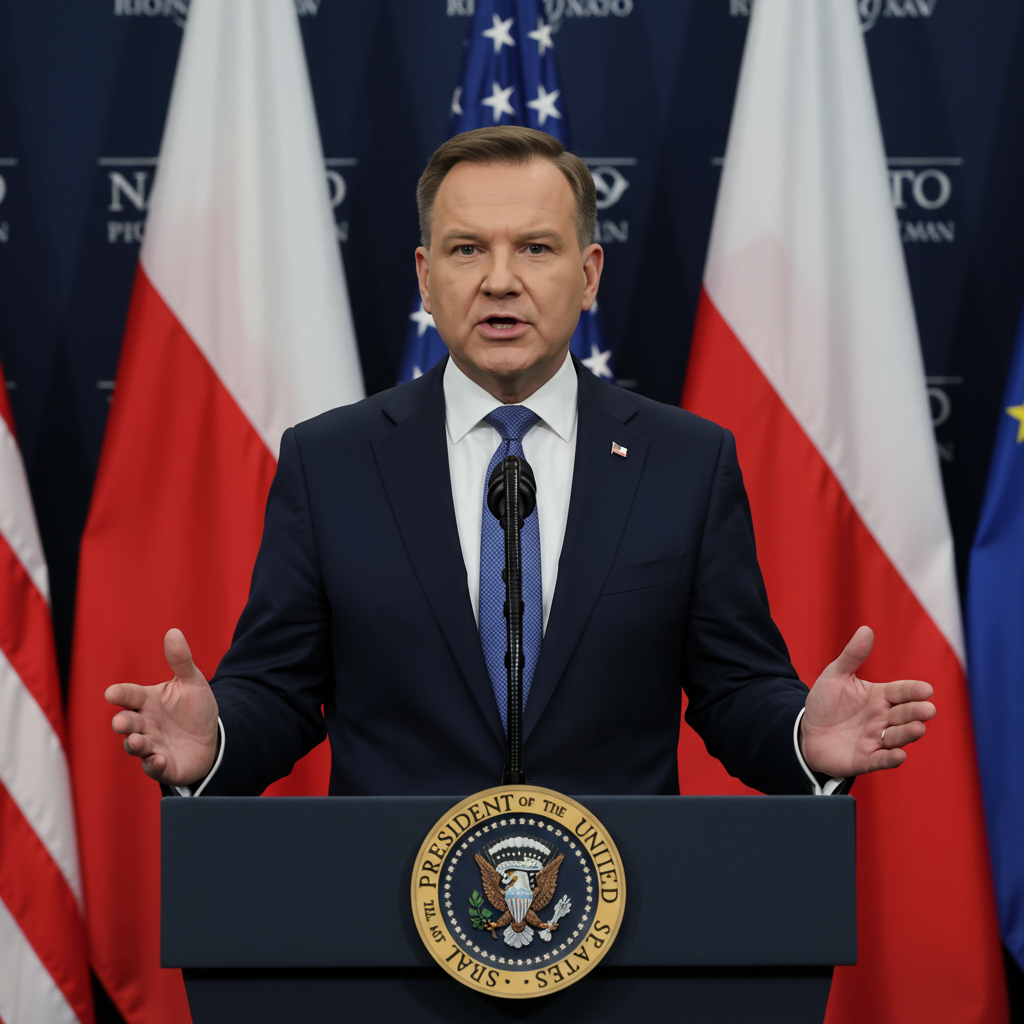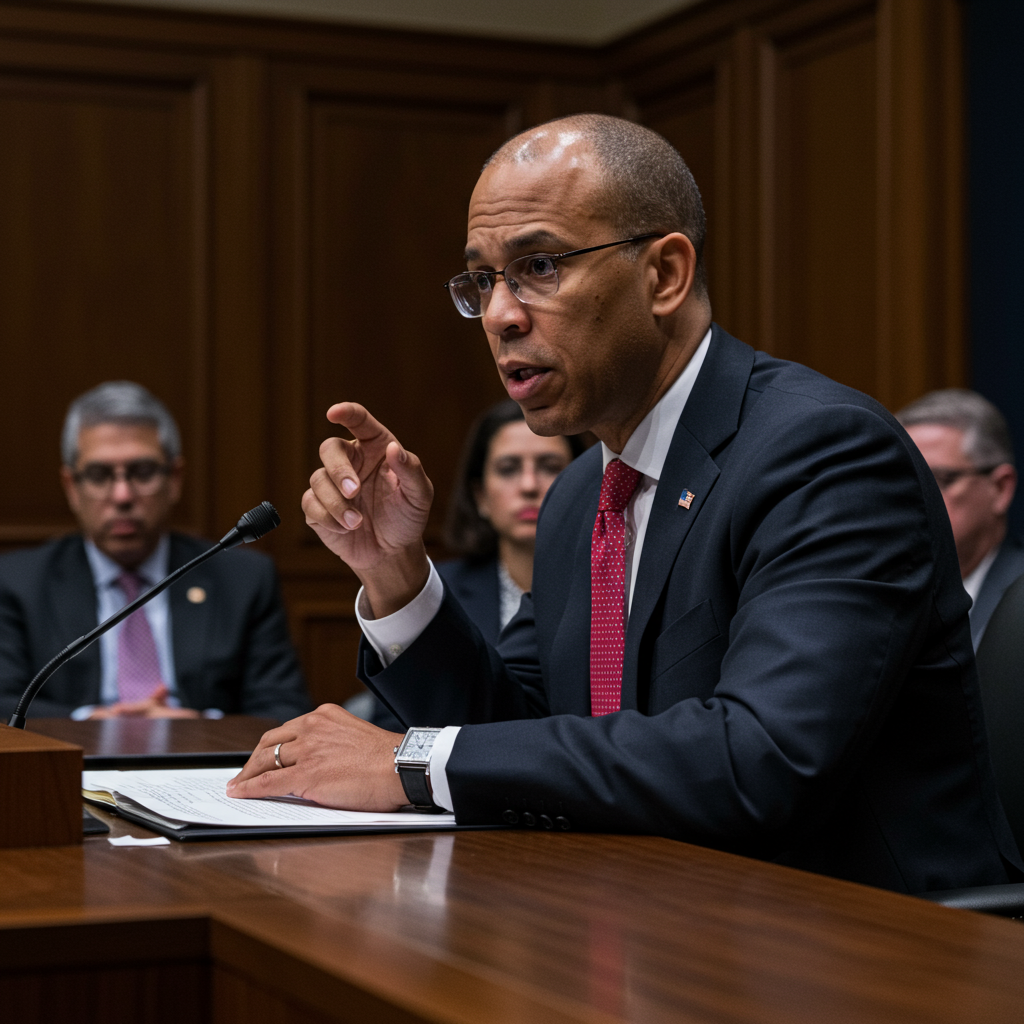Billionaire entrepreneur Elon Musk has announced the formation of a new political entity in the United States, dubbed the “america party.” The declaration, made on his social media platform X over the weekend, arrives amidst a highly public rift with former President Donald Trump and signals a potential shake-up in the nation’s entrenched two-party system. Musk asserted the party’s creation is a direct response to public demand and a perceived failure of existing political structures.
Musk’s announcement followed an online poll he conducted on X, asking his vast following if they supported establishing a new party to challenge the Democratic and Republican dominance. He stated the response showed a strong preference for a new alternative, declaring, “By a factor of 2 to 1, you want a new political party and you shall have it!”
Challenging the Status Quo: musk’s Vision
The core motivation behind the America Party, according to Musk, is to dismantle what he characterizes as a “one-party system.” He argues that despite the existence of two major parties, they effectively operate in concert, particularly when it comes to fiscal matters, leading to what he terms “bankrupting our country with waste & graft.” The party is intended to give Americans “back your freedom” by offering a genuine alternative voice in politics.
Musk has framed this effort as seeking “independence from the two-party (some would say uniparty) system!” He specifically tied the party’s formation to the recent passage of a significant spending bill signed by President Trump, which Musk vehemently opposed due to its projected impact on the national debt.
A Targeted Approach: Focusing Congressional Power
Rather than aiming for an immediate nationwide sweep, Musk has outlined a strategic, targeted approach for the America Party’s initial foray into electoral politics. He suggested the new party could focus on winning a limited number of specific congressional contests. The proposed target includes securing “just 2 or 3 Senate seats and 8 to 10 House districts.”
Musk’s reasoning is grounded in the current legislative landscape. He notes the “razor-thin legislative margins” in both the House and Senate. Controlling even a small bloc of seats, he argues, would be enough to serve as the “deciding vote on contentious laws,” thereby potentially ensuring that crucial legislation aligns with “the true will of the people.” This strategy could potentially be tested in the 2026 midterm elections.
The Trump Feud: A Political Turning Point
The backdrop to Musk’s dramatic political move is his recent and highly public falling out with former President Donald Trump. Musk had been a significant supporter of Trump during the 2024 election cycle, reportedly contributing hundreds of millions of dollars to aid his campaign efforts. Following Trump’s return to office, Musk was appointed to lead an unofficial task force, known as the “Department of Government Efficiency” (Doge), aimed at identifying opportunities for federal budget cuts.
However, the relationship between the two powerful figures deteriorated following Musk’s departure from the Doge role in May. The rift intensified considerably over Musk’s outspoken criticism of a recently passed tax and spending bill championed by Trump. Musk publicly condemned the bill, citing concerns about its estimated multi-trillion-dollar contribution to the US deficit. He even went as far as to vow to bankroll primary challenges against any member of Congress, including Republicans, who voted in favor of the legislation and promised to launch the America Party if the bill passed.
Trump has not remained silent in the face of Musk’s opposition. He has publicly retaliated with sharp criticism, suggesting Musk’s opposition might be linked to the bill phasing out electric vehicle tax credits beneficial to Tesla. Trump has also reportedly made pointed remarks referencing Musk’s South African origin and potential government contracts for his companies. This escalating public dispute appears to have served as a catalyst for Musk’s decision to formally launch the America Party.
The Daunting Challenge of Building a Third Party
While Musk possesses immense wealth and a large public platform, forming a new national political party in the United States faces exceedingly difficult structural and legal hurdles. Experts in election law emphasize that political parties are fundamentally “creatures of the states,” meaning the process requires navigating and complying with 50 distinct sets of state laws, in addition to federal regulations.
These state laws are often inherently designed to favor the two established major parties, presenting challenges that range from “high to extraordinarily difficult to overcome.” A key obstacle is gaining ballot access in each state. Requirements vary wildly; for example, California demands either registering 0.33% of the state’s voters (roughly 75,000 people) or collecting signatures from 1.1 million voters just to qualify initially. Maintaining that qualification often requires achieving a minimum percentage of votes in a statewide election.
National recognition also involves seeking advisory opinions from the Federal Election Commission (FEC) for components in each state. These efforts would likely trigger intense legal challenges from existing parties, particularly regarding the validity of signatures collected, demanding substantial and costly litigation across multiple states. Building a fully recognized national party is a lengthy endeavor, estimated to take years and unlikely to be completed before the 2026 midterm elections, even with significant resources. The historical struggles of long-standing third parties like the Green Party and Libertarian Party, which still battle for state-by-state ballot access decades after their founding, underscore the sustained difficulty.
Wealth vs. Electoral Success
Financing such an undertaking would undoubtedly require massive investment, potentially running into hundreds of millions of dollars over several years. With a net worth exceeding $350 billion, the sheer cost might be less of a barrier for Musk than for others. However, the rules governing political financing are complex. While new parties can operate as non-profits with unlimited donations before formal recognition, contributions become subject to FEC limits once national party status is achieved. An alternative path for Musk to exert influence with unlimited spending is through a Super PAC, similar to his America PAC, which spent $277 million in the 2024 cycle.
Nevertheless, personal wealth, while crucial, does not guarantee electoral success in the US political landscape. Recent examples illustrate this point. In a Wisconsin State Supreme Court race, despite Musk providing millions in support for a conservative candidate through his PAC, the candidate ultimately lost to the Democratic-backed contender. This serves as a reminder that financial firepower alone cannot overcome all the complexities of voter behavior, political organization, and established party infrastructure.
Public Interest Meets Expert Skepticism
Polls suggest a notable segment of the American public expresses interest in a third political party. Recent surveys indicate that a significant percentage of registered voters, including many Republicans, might consider voting for a theoretical third party backed by someone like Musk. Polls dating back several years show consistent, high levels of general support for the idea of a third party as necessary in the current political climate.
Despite this apparent public appetite, political science experts remain largely skeptical about the long-term viability of new third parties in the US. They cite the deep-seated structural hurdles and the inherent loyalty of most voters to either the Democratic or Republican party. Experts also point out that third parties often lack the extensive funding and grassroots organizational power required for sustained national progress. Furthermore, some analysts suggest that any successful third-party effort led by Musk would likely draw more support from disaffected Republicans, potentially splitting the conservative vote and inadvertently benefiting Democratic candidates in the winner-takes-all electoral system that dominates US elections.
Frequently Asked Questions
What is the “America Party” and why did Elon Musk start it?
The “America Party” is a new political party announced by billionaire Elon Musk. He stated its formation is a response to his followers’ support for a new alternative and his view that the existing two-party system is effectively a “one-party system” focused on government waste and debt. Musk aims to restore freedom and provide a different political option, particularly after clashing with former President Trump over a major spending bill.
How difficult is it to form a new political party in the US?
Forming a new political party in the United States is extremely difficult. It requires navigating complex and often biased state laws across all 50 states for ballot access, registering voters, or collecting millions of signatures. The process involves significant legal challenges from established parties and can take many years, potentially costing hundreds of millions of dollars, as historical examples and election experts highlight.
Could the “America Party” actually impact the 2026 elections?
Elon Musk has suggested the “America Party” could target a limited number of key congressional seats (2-3 Senate, 8-10 House) in the 2026 midterms to serve as a “deciding vote” due to tight legislative margins. While his immense wealth could fund focused campaigns, experts are skeptical about building a full national party structure quickly. The historical difficulty for third parties and the potential to split existing party votes, particularly the Republican vote, are significant challenges.
Conclusion: A Billionaire’s Gambit in US Politics
Elon Musk’s announcement of the “America Party” marks a bold personal entry into the complex landscape of American political party formation. Fueled by a public dispute with a former ally and a stated desire to challenge the established order, the effort leverages his significant public platform and immense wealth. However, the path to building a viable third party in the United States is historically fraught with extraordinary legal, structural, and financial challenges that have stymied numerous well-funded attempts in the past. While Musk’s targeted strategy of focusing on key congressional seats acknowledges some of these difficulties, the long-term impact and ultimate success of the “America Party” remain highly uncertain in the face of a political system deeply entrenched in two-party dominance.



